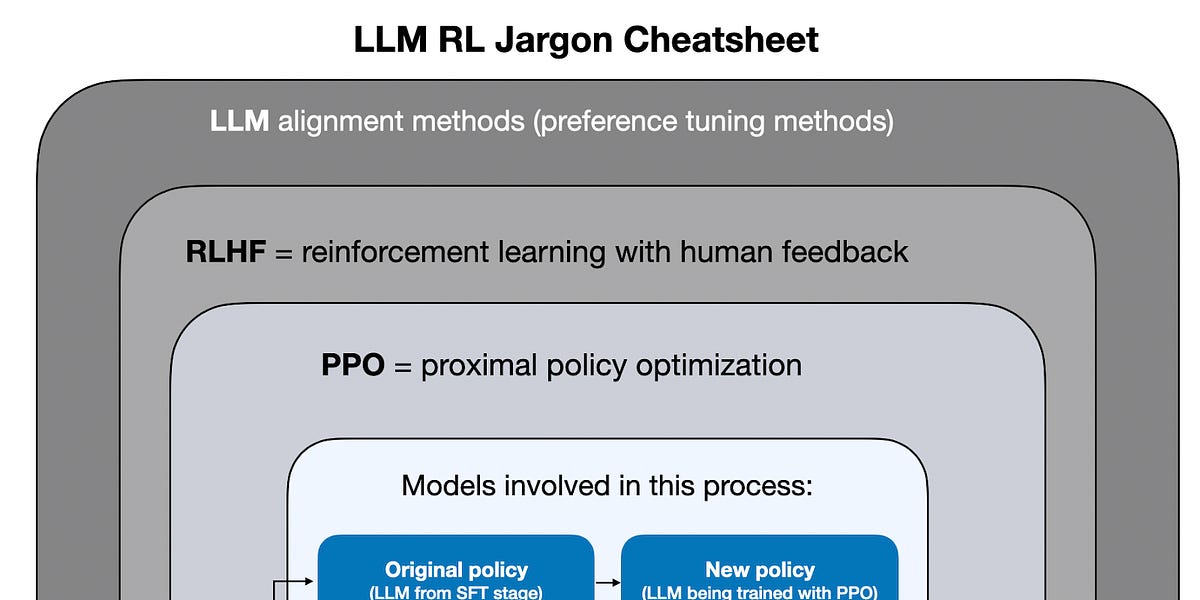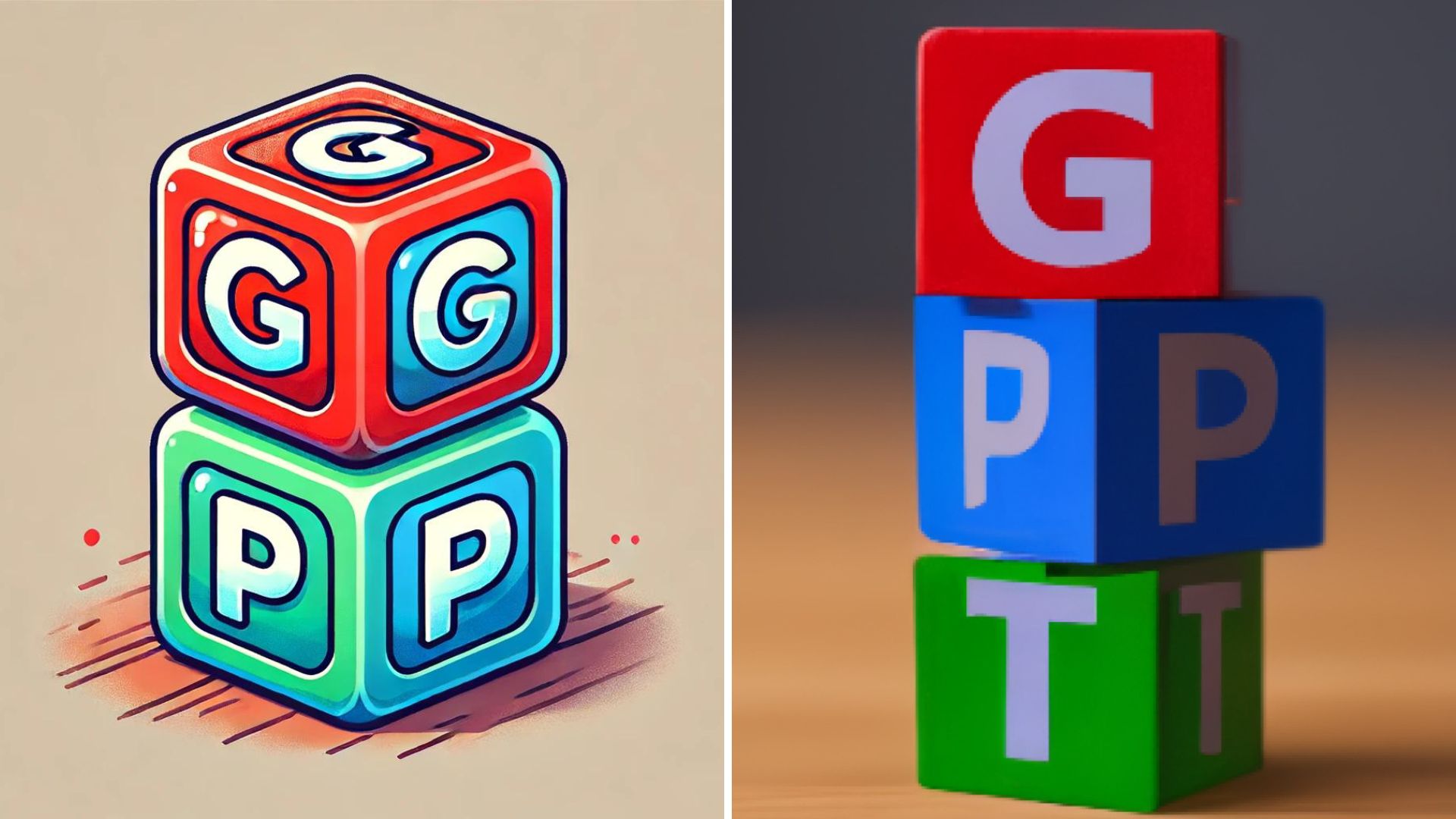History is in the making. Runway, an AI video startup, collaborated with Lionsgate, the maker of Hunger Games, to bring AI to film. Runway’s goal is to help the artistic community with state-of-the art tools to bring their stories to life, and now with this deal, perhaps even on the big crean as well.
Interestingly, the Oscar winning movie “Everything Everywhere all at Once” employed Runaway’s tools for special effects for its famous rock scene, which saved a lot of time, costs, and manual effort. Lionsgate Entertainment is a Hollywood heavyweight which has previously produced award-winning movies and shows like Twilight, John Wick, and Hunger Games. Under this deal, Lionsgate would be able to use Runway’s AI tools, exclusively, to create content.
Runaway was launched by NYU alumni in 2018. The founders – Cristóbal Valenzuela, Anastasis Germanidis, and Alejandro Matamala – were in the talks for a whopping $4 Billion valuation for their startup earlier this year.
Runway also released Gen-3 Alpha, which is trained on both videos and images, and enables Runway’s text-to-video, image-to-video, and text-to-image tools. This model is publicly available to everyone. “The history of art is the history of technology and these new models are part of our continuous efforts to build transformative mediums for artistic and creative expression; the best stories are yet to be told.” said Cristóbal Valenzuela, one of the founders at Runway.
Hollywood 2.0
The future of cinema is AI, but not how you might think. Tangibly, AI can be meaningfully employed in films during the pre production and post production processes, and even for generating characters. But in a larger sense, it lowers the barrier of entry and allows many to venture into this otherwise difficult, and legacy driven space.
Runway’s very own AI Film Festival, similar to the one in Cannes, is an effort to exclusively celebrate artists who use emerging AI techniques in their short films. Started two years ago, the festival is a bid to open dialogue on the (inevitable) role of AI tools in the film community, and engage with creators from all backgrounds to understand their perspectives.
“If we had the kind of deepfake face swapping technology back in the day, a movie like The Irishman would look different than it did, and would not have taken ten years to make. While we were waiting for finances to complete the movie, we were also waiting for a newer technology to come,” said Jane Rosenthal, a leading American film producer, in an interview with Cristóbal Valenzuela.
She is also a member of the dean council at NYU Tisch, one of the world’s best film schools, and is enthusiastic about AI’s defining role in today’s zeitgeist, especially newer filmmakers. For context, The Irishman, directed by Martin Scorsese, and produced by Rosenthal, is an interesting case study of how cinematic experience can be improved (when AI is employed responsibly), while also saving a lot of time and resources in the process.
“Experimentation with AI is fantastic. Speaking of speed, you know how things work, for instance if an actor was injured or cut themselves during shaving, there is no makeup for it and you have to stop shooting. But now, with AI tools, you can just continue shooting and fix it. You can fix anything,” she added on how AI is not new, but the variety and speed of it is what is new.
Apple’s ‘Shot on iPhone’ campaign was a cultural reset, and showed how moving forward with technology could foster artistic expression, and not curtail it. The fulcrum of any movie or piece of art still remains an artist’s vision, and embracing AI in the process is a logical progression in today’s world.
Hollywood’s Relationship with AI Startups Hasn’t Always Been Smooth
Despite the very visible upside, last year, the Screen Actors Guild and the Writers Guild of America protested against the growing use of AI in the creative space, fearing the loss of jobs and artistic freedom. This protest culminated into certain checks and balances to ensure AI is used as a complement and not replacement for the industry. The wounds from the SacrJo’s controversy with OpenAI still remain fresh in memory.
Nonetheless, the general sentiment remains to find ways to collaborate with these AI startups. As more models emerge and the race to AGI seems to be tightening up, it’s likely that AI models will start training themselves, if Hollywood studios don’t come forward and voluntarily collaborate. Lionsgate has a first mover advantage here. As for consumers, these AI tools could usher in a new paradigm of filmmaking by leveling the playing field, allowing low-budget films to compete with high-budget ones without compromising on its quality.
No More Parties in LA for Sam Altman?
OpenAI’s dominance in this space is still coveted, despite never making Sora, its text-to-video generator, available to the larger public. While privately available to some, it is unknown why OpenAI hasn’t released a ChatGPT-like subscription model of Sora yet. Sora’s capabilities are wild. OpenAI even teased more of Sora, with videos earlier this month, leaving people wanting for more.
Sam Altman reportedly attended Hollywood parties in Los Angeles earlier this year, possibly to make inroads before Sora’s official launch. Altman is obsessed with sci-fi movies in the industry, and hopes to see more of it in the future. He has repeatedly spoken about favourite movie, Her, directed by Spike Jonze, and its influence on him. Post the launch of Sora, OpenAI’s lobbying in Hollywood has been quite fruitful, with many studios and artists, including the famous Ashton Kutcher, endorsing the AI video generator. Yet, Runway’s attempt to score a massive deal of this scale, is undoubtedly a notch ahead.
Sora’s announcement was one of the first, and most sought after breakthroughs early this year, which led to a bevy of launches by its competitors. “It’s very easy to copy something once it works, so I think the two ways you can succeed are: say we’re going to be a great fast follower or we’re going to move the frontier,” said Altman in a recent interview hinting at the impending rollouts of OpenAI.

 6 months ago
54
6 months ago
54


